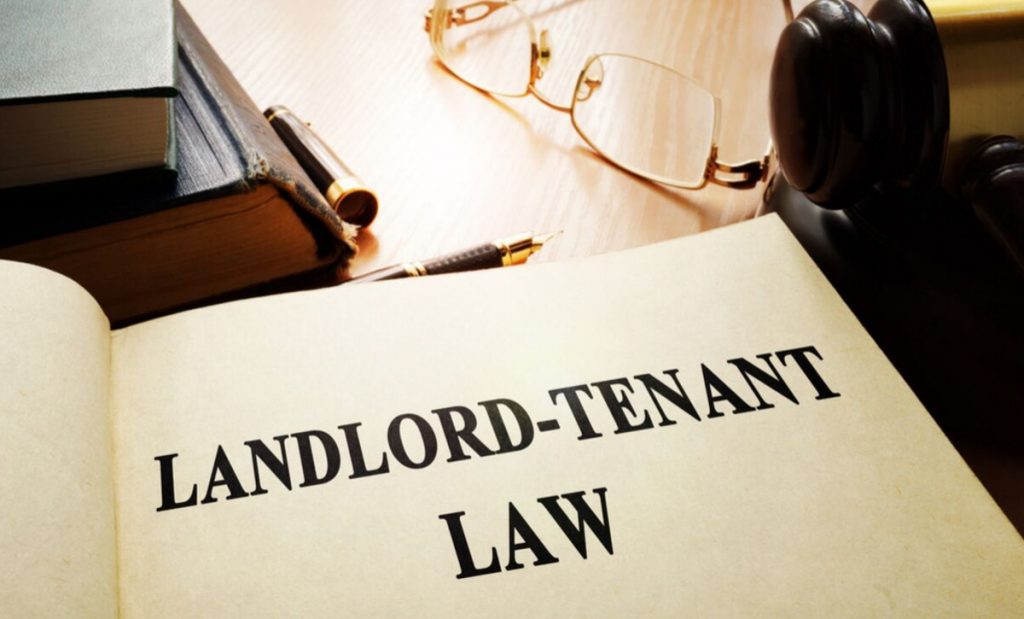Several new laws involving homeowners, tenants, and landlords were introduced in June this year. These legal changes are expected to offer protection to homeowners, tenants, and those who are planning to buy a property.
While the laws were introduced only recently, the proposal has been in motion for years. The Queen even mentioned some of the legal changes in her speech, particularly the ones that were meant to address issues related to unfair property deals.
The most significant change is the banning of ground rents and the introduction of a lifetime deposit. A ground rent is what a leaseholder pays to the freeholder. Ground rent costs vary depending on the property.
A lifetime deposit, on the other hand, is a tenancy deposit that is passed on from the current landlord to the next one. The money is not returned to the tenant but straightaway transferred to the next landlord.
Other changes include 95% mortgages with the Government backing loans taken out from lenders like high street banks, and the extension of the stamp duty holiday.
The new laws
Below is a more detailed list of the new laws that homeowners, tenants, and landlords should soon adapt.
The banning of ground rents
As indicated in the Queen’s speech, residential tenants in long leases will no longer have to pay ground rent. The only thing homeowners and tenants need to worry about is a fixed, small amount, which is intended to protect them from constantly increasing fees.
Even though England and Wales have millions of homeowners who own homes on leasehold, the new law is applicable only to new-builds and new buyers.
There are loopholes in the new law, but what it is sure to do is prevent the ground rent from increasing higher than the small amount.
Notice periods for evictions shortened
When the COVID-19 pandemic struck, the notice period for evictions was stretched to six months. Beginning the 1st of June until the end of September this year, the period was shortened to four months. By October 1st, the length was back to the pre-pandemic levels.
Reverting back to the original notice period is expected to help landlords with limited properties who have not collected rent arrears throughout the pandemic.
An end to ban on bailiffs
At the height of the COVID-19 pandemic, a ban on bailiffs was enacted, which meant they were not allowed to enforce eviction action on tenants during the pandemic, particularly on tenants in the property with COVID-19 symptoms or those who were self-isolating.
As of June 1, 2021, landlords are now able to enforce eviction tactics on their tenants.
Pet owners enjoy more rights
One of the laws introduced several months ago was the new guidelines on common household pets. The Ministry of Housing, Communities and Local Government through the updated Model Tenancy Agreement has given more rights to tenants who are pet owners.
According to the new law, blanket bans on pets are no longer allowed. However, landlords are given 28 days to object to tenants’ written request for pets. This has to be done in writing and should state valid reasons. They can charge their tenants for higher fees, though, provided that the amount is within the five weeks’ rent limit.
Other new laws
The other new laws that are expected to change the marketplace for homeowners, tenants, and landlords include:
- An end to the Help-to-Buy scheme extension
- A mandatory electrical installation condition report (or electrical checks) for tenants
- The replacement of flammable cladding through a new billions-worth cladding fund
One of the vital changes, though, is the new lifetime deposit that offers convenience to tenants moving to new rented properties. Instead of the money being returned to tenants, it is transferred immediately, electronically to their new landlord. This is in addition to another new development – a five-week cap on the deposits, which took effect in 2019.
Alternatively called deposit passporting, it was made to help lessen the pressure on tenants, many of whom need time to find funding for the deposit of their new rented home with their money still in the hands of their current landlord.
Tenancy deposit disputes are so common, so this new law should provide a glimmer of hope for previously challenging situations.
Tenancy deposit protection claims
If you are a tenant currently moving to a new home, these new laws will be a big help for you, especially the one on deposits. Should you have problems with your tenancy deposit in your current rented place, though, do not hesitate to reach out to a team of expert solicitors who know what they are doing and how they can help you.
The solicitors at Tenancy Deposit Claims are authorised and regulated by The Solicitors Regulation Authority and offer a no win, no fee guarantee. They can help you if your landlord has not protected your deposit. They can help you through every step of your tenancy protection compensation claim, so you can get back what your landlord owes you.





